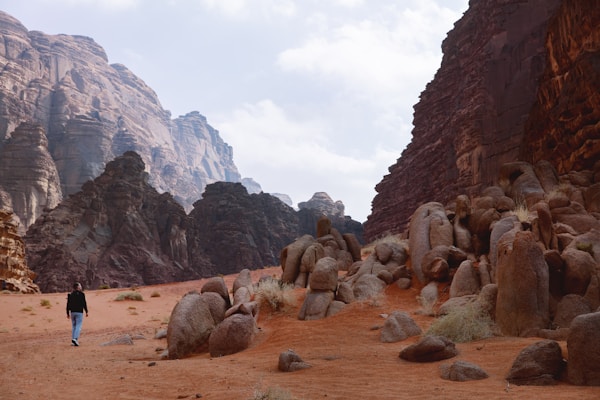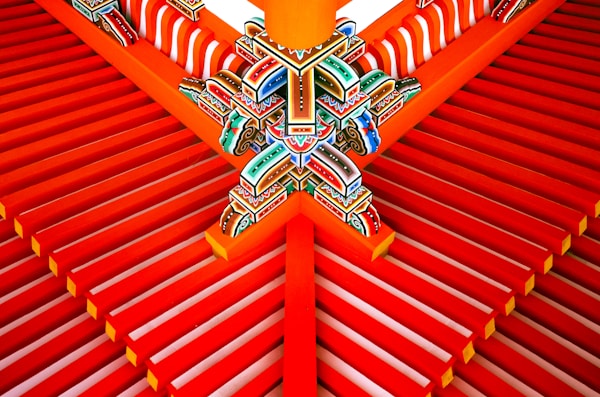What is ALS?
ALS (Amyotrophic Lateral Sclerosis) is an incurable and progressive neurodegenerative disease that affects the nerve cells in both the brain and spinal cord. These nerve cells control our voluntary muscles, meaning they are responsible for the body's movements. When the nerve cells die, the muscles gradually lose their function, leading to muscle weakness, paralysis, and eventually death.
How does ALS develop?
ALS usually begins with very subtle symptoms, such as muscle weakness or twitching, often in a leg or an arm. Over time, the paralysis spreads to other parts of the body. ALS can present itself in several different ways, with the most common symptoms including:
Muscle weakness: It becomes increasingly difficult to perform everyday tasks such as walking, speaking, or eating/drinking.
Loss of fine motor skills: Simple everyday actions like buttoning a shirt or writing become impossible.
Breathing difficulties: The muscles that control breathing weaken, requiring the patient to receive assistance with breathing functions.

A frightening disease
What makes ALS particularly frightening is that the intellectual ability of the affected person is usually not impacted at all during the course of the disease. This means that those who fall ill are often fully aware that their body is gradually deteriorating due to the disease.
For loved ones, it is incredibly painful to watch an active and vibrant person transform into, in a way, a prisoner in their own body, unable to communicate or express their needs as they once could. The disease progresses rapidly, with the average life expectancy for someone diagnosed being 2-5 years.
Causes and risk factors
The cause of ALS remains elusive to researchers, and it is not possible to say with certainty what causes the disease. Researchers have identified certain genetic mutations that may contribute to ALS, but in approximately 90 percent of cases, the cause appears to be completely sporadic.
Treatment and cure for ALS
There is currently no effective cure for ALS. Treatments focus primarily on managing symptoms and improving quality of life. There are medications that can extend life somewhat by reducing damage to nerve cells, but the effect is limited. However, there are glimmers of hope, and ALS research is making progress, albeit slowly. Research funding is a crucial factor in developing a cure that not only slows the progression of the disease but ultimately cures it.
For now, palliative care plays a central role, aiming to alleviate symptoms and make the patient as comfortable as possible.
Borje Salming ALS Foundation
The Borje Salming ALS Foundation aims to promote medical scientific research to increase understanding and improve the treatment of amyotrophic lateral sclerosis, ALS.
In 2024, the foundation is focusing on support for those affected and their families through the initiative "Give Back," and no new research grants will be awarded during the year. If you would like to support research, you can learn more about the work of the Borje Salming ALS Foundation.
After the ALS diagnosis
At Sahlgrenska University Hospital in Gothenburg, an ALS team with different professions works to meet and care for people with ALS.

Ulf Hedin on the need for gifts to defeat ALS
Ulf Hedin, Research Coordinator Borje Salming ALS Foundation and Professor and Chief Physician Vascular Surgery, Karolinska Institutet, explains why research in ALS is not allocated to general funding, such as heart disease and cancer.
Frequently Asked Questions About ALS
ALS, or amyotrophic lateral sclerosis, is a nerve disease that gradually leads to a loss of muscle control and strength. Learn more about ALS and get answers to the most common questions.





